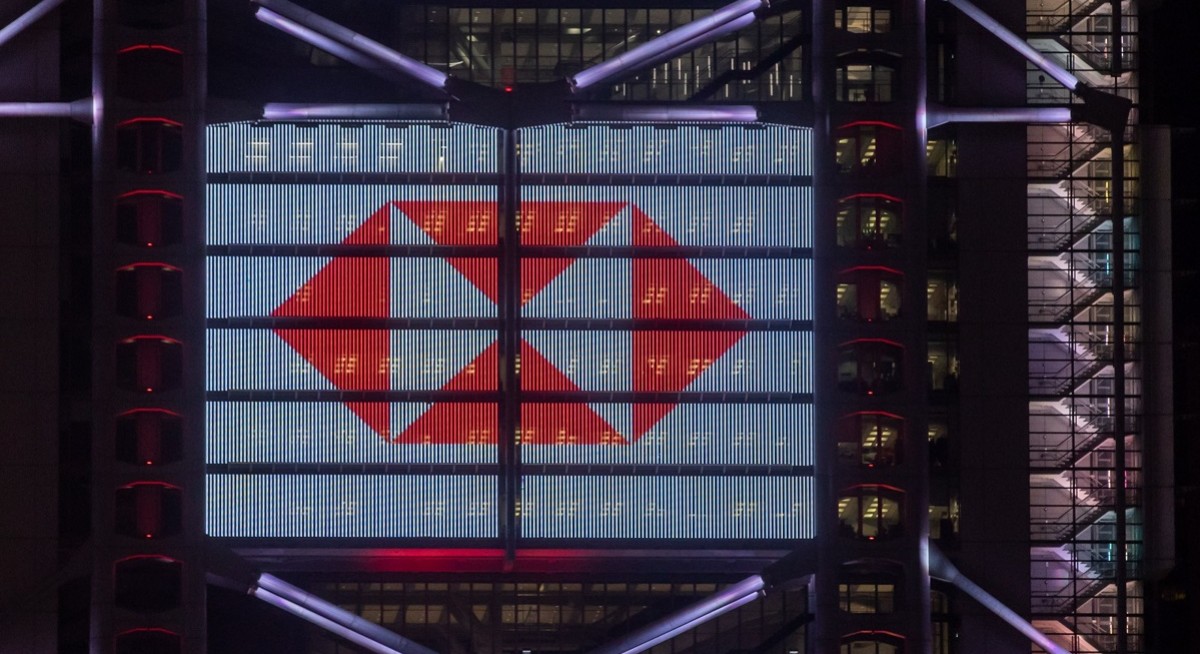“We’ve got very strong capital generation at the moment,” Quinn said, speaking in an interview Monday with Bloomberg Television. “We’re in a good position to reward our shareholders for their patience and loyalty over the past few years.”
Pretax profit of US$7.7 billion for the three months through September fell short of the US$8.1 billion estimated by analysts tracked by the company. Quinn said that was in part due to a US$600 million charge in relation to its hedging strategy, which would benefit the bank in subsequent quarters.
Operating expenses were up 2% from the same period a year earlier. This was in part due to a planned increase in performance pay for some staff, as well the impact of higher technology spending. HSBC said it now expected cost growth of about 4% for 2023, up from its previous target of about 3%.
HSBC shares were little changed at 3:31 p.m. in Hong Kong.
See also: After submit latest article showing in hover menu latest and section too
The British bank, which generates most of its income in Asia, has been deploying more resources in the region to tap into faster-growing markets and saw a “good wealth performance,” particularly in Hong Kong, it said. HSBC agreed to buy Citigroup Inc’s retail wealth management portfolio in mainland China this month, adding about US$3.6 billion in assets and deposits from wealth customers across 11 major cities.
However, sputtering growth in China and an unfolding real estate meltdown have posed a challenge to many businesses seeking to expand in the world’s second largest economy. The bank’s loan loss provision was an expected US$1.1 billion for the quarter with half of that linked to China’s commercial real estate sector.
Quinn said the Chinese property market had experienced a “huge policy correction,” but added that the prices have reached a trough.
See also: UOB struggles with Hong Kong, China property loans as prices sink 123
“I think we are at the bottom of the market, but it will take quite a while for that market to recover and regain momentum,” he said on Bloomberg Television. “I’m not expecting a massive reversal in that sector in the next 12 months or so, but I do expect it to be a gradual improvement from where we are.”
The lender kept a target of mid-teens growth in its return on tangible equity, while it expects net interest income of more than US$35 billion this year. Its outlook for expected credit losses was also unchanged.
Across HSBC’s businesses there was a mixed picture. In its wealth and personal banking unit, the lender said that a US$2 billion rise in customer lending had been driven by growth in Hong Kong and UK mortgages, offset by deleveraging in its private banking arm.
In commercial banking, there was a fall in loan demand among its clients leading to a 5% year-on-year drop. However, in its global banking and markets division, which services HSBC’s largest corporate clients, the bank said that lower activity in Asia had been offset by higher demand for loans in Europe.
Global banking and markets revenues rose 2% to US$3.9 billion. A particular bright spot for the business were its global debt markets and securities financing units which both recorded double-digit year-on-year rises in revenues that helped negate the impact of falling earnings from foreign exchange and equities.
Other highlights from HSBC’s third quarter include:
CET1 ratio of 14.9%
Third interim dividend of ten cents per share
Wealth balances up 12% year-on-year to US$1.6 trillion



